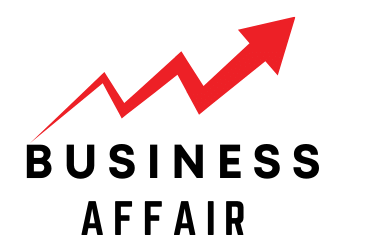Maintaining trade compliance is never easy. The larger a company grows, the more difficult it becomes. Take tariffs, for example. Simple trade compliance errors can mean paying more than you have to. Correcting those errors can save money.
Assuming your company is involved in international trade, how confident are you that your compliance efforts are adequate? It is important to know, given that errors can cost you more in tariffs. That says nothing of any fines or other penalties that might be assessed should the errors be discovered.
Table of Contents
Supply Chains and Countries of Origin
Compliance Week contributor Jaclyn Jaeger wrote a piece in October 2021 offering a variety of tips to reduce tariffs. One of the first things she discussed was understanding the supply chain. She wrote about the supply chain in relation to countries of origin, knowing that tariff schemes differ from one country to the next.
Jaeger encouraged readers to look around for new countries of origin in order to help reduce tariffs. Obviously, she was not advocating fraudulently reporting countries of origin in order to save money. She was encouraging an understanding of the supply chain so as to guarantee that countries of origin are correctly reported.
Not understanding your supply chain could result in choosing the wrong country. If doing so means a higher tariff rate, the error is costing your company money. Fix the error and you save.
Taking Advantage of FTAs
Hand-in-hand with countries of origin are free trade agreements (FTAs). Jaeger recommends taking a closer look at the supply chain in order to take advantage of any and all applicable FTAs. She points out that the U.S. currently has FTAs with twenty other countries.
In both cases – determining countries of origin and FTAs – global trade compliance is not necessarily easy. There are complex rules for determining countries of origin influenced by everything from parts manufacturing to export of finished products. The company that wants to take advantage of FTAs really needs to have a comprehensive understanding of its supply chain at every level.
Import and Export Classification
Next up, Ohio-based Vigilant Global Trade Services says that incorrectly import and export classification can unnecessarily lead to higher tariffs. Imports and exports are classified based on international and nation-specific standards that directly determine tariffs and other taxes.
Companies need to get their classifications correct in order to maintain compliance. But above and beyond compliance is saving money. If a company is incorrectly classifying goods and, as a result, paying higher tariffs, fixing that one error makes an enormous difference.
Unfortunately, product classification is just as convoluted as determining the country of origin. For example, there are product codes that are pretty easy to figure out as long as goods are subject to certain uses. But change the use and you might also change the code. And this is not just for finished products, even parts that will go into making other finished products are subject to the same types of rules.
Innocent Mistakes Can Cost
It is not unheard of for companies to purposely skirt the rules in order to save on tariffs. But even innocent trade compliance mistakes can be costly. Reporting the wrong country of origin can mean a higher tariff. Misclassifying products can lead to the same result.
All of this is to say that it pays to make sure that all your compliance ducks are in a row. If that means contracting with a global trade services provider, so be it. The alternative is to continue losing money, and potential customers, to higher than necessary tariffs.

